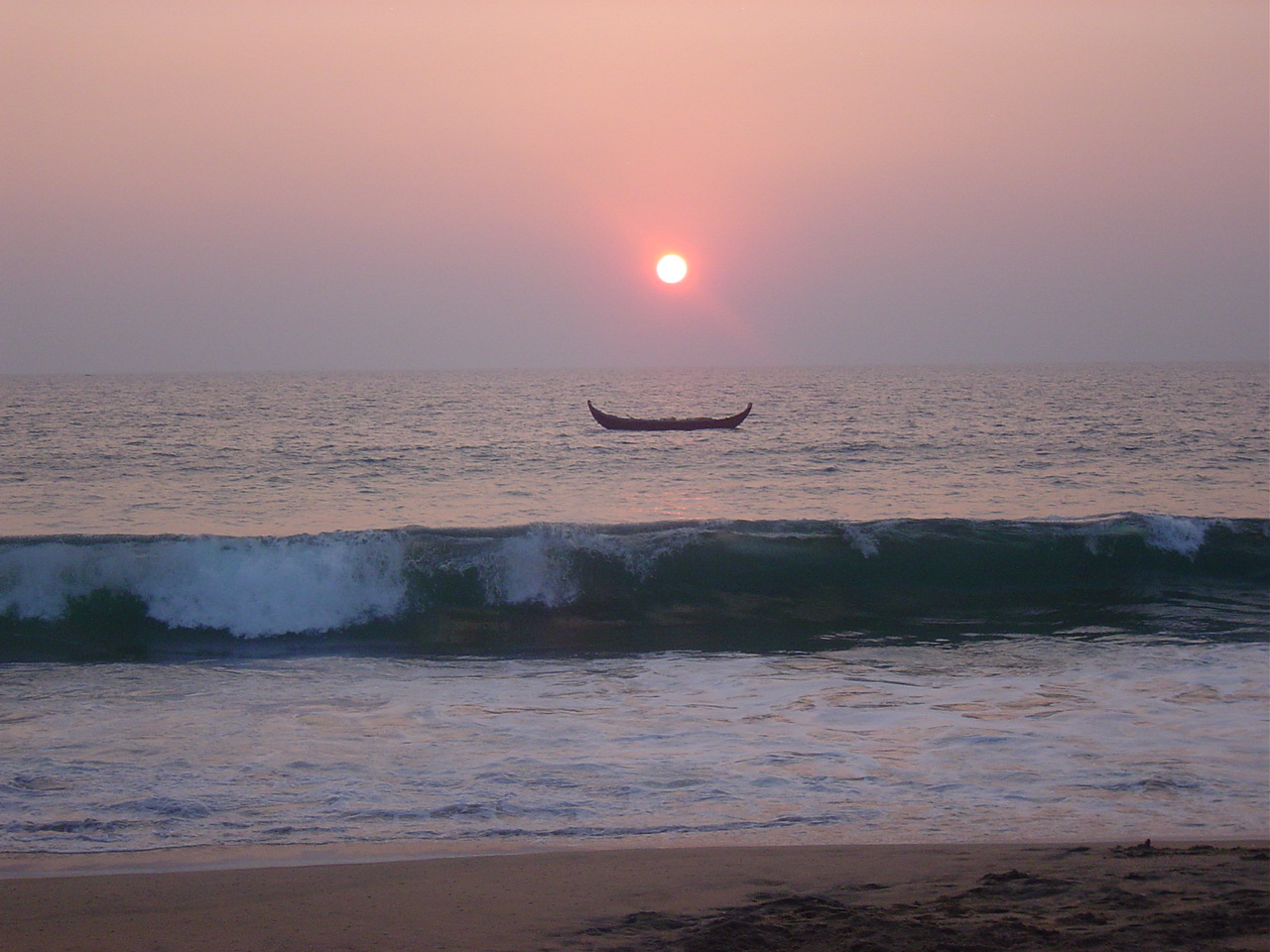Innovations from East India

There is no question about India’s leading position in Information Technology. It may be surprising, however, that the communistically governed state of West Bengal (which has been so for 30 years now) has made amazing progress with regard to IT and is now showing the highest growth rates in India. Through reforms following the Chinese example, the democratically chosen government is actually pursuing the aim of ensuring education and prosperity for the over 80 million inhabitants. Kolkata, West Bengal´s capital, is turning into one of Asia´s new High-Tech centres. Also here, the technical revolution has led to the construction of various IT parks and Special Economic Zones. In Kolkata for example, after Sector V in Salt Lake and New Town in Rajarhat a third IT-centre with 630 acres of land is at present arising covering nearly 3 times the area of Salt Lake. Other flourishing IT centres of West Bengal with software technology parks can be found in the cities of Durgapur, Kharagpur, Siliguri and Haldia. Investors can profit from West Bengal`s main strengths: a cooperative government, low cost of operations, highly qualified staff, reliable availability of energy (a rare thing in India), the required infrastructure and good contacts with consulates and associations – all which make this region interesting, and not just for the IT industry. The professed aim of the government is to be one of the Top 3 Indian IT locations in 2010. These plans appear practicable if, as announced, large parts of the population can have access to education and technology competence as well as knowledge of government business (E-Governance). Researchers of West Bengals academic institutions, such as the renowned Indian Institute of Technology Kharagpur not only ensure the education of highly qualified employees but are already cooperating closely with the IT industry. The positive technological changes lead to increased internationalization. West Bengal is becoming a strategic investment location for East and West. Su Yu Xi, China’s ambassador in India, regards Kolkata as the knowledge capital of the country and is certain of the strategic advantages for Chinese business people there. The first large Chinese investment for an Indian IT project will therefore take place in Kolkata. In 2006, the year of the Chinese-Indian friendship, the construction of the Bengal Peerless Nanjing High Tech Industry Investment Zone for 6 million U.S. dollars was agreed upon and initiated in March 2007. Both China and India see the necessity for intensified technological cooperation. Knowledge-based technologies like IT and biotechnology will be promoted in the new zone. After Nanjing, Bengal is planning cooperations with all the Chinese provinces, the first will be Beijing. Apart from this High-Tech zone, AXIS, a futuristic shopping centre with a range of Chinese and European goods on display will also emerge in New Town, Rajarhat. One cultural highlight of this lifestyle complex completed in the summer of 2008 will be a Mozart centre, and even more European presence is possible. This increased orientation to Europe is discernible through innovative media projects like the new European-Indian news agency INEPNEXT or the Bengal Website Europe News Today, projects with the aim of strengthening the exchange of knowledge and experience between the two continents. Kolkata’s principle focus in Europe is Germany. The German ambassador in India, Bernd Mützelburg, is impressed by the new look of the “City of Joy”, Kolkata. He confirms the great support of the dynamic Chief Minister Buddhadeb Bhattacharjee for German investments (e.g. the recent “Hunger Hydraulics”) and points to the corresponding German response like the direct flight from Kolkata to Frankfurt three times a week. Inseparable links between Germany and West Bengal have now been forged and the time has come to diffuse the strengths of this knowledge and technology region to a broader audience.
Text: Anita Shukla
Picture: (c) Purvi Shah-Paulini
Episode 24: The Wisdom Workshop about „Wuwei – Flow” Interview with Andreas Andy Artmann (German)
The term Wu wei, also Wuwei, comes from Daoism. It is defined as non-action in the sense of acting in accordance with nature. Wu Wei does not mean that one does not act at all, but that the actions arise spontaneously in accordance with the Dao. Thus the necessary is done easily and effortlessly and overzealousness as well as blind actionism (which is considered as obstructive) is avoided. It is a state of inner silence that allows the right action to emerge at the right time without any effort of the will. “Wu-Wei essentially means to orient actions to the nature of one’s own individuality rather than to the purely cognitive, benefit-oriented will.
Enjoy listening to or watching the video. Andreas’ refreshing and light manner is fun.
Episode 23: The Wisdom Workshop “Complexity Management” Interview with Gitta Peyn
We have to deal with complexity every day. Especially in global, complex events, such as the climate crisis. How are things connected?
Gitta Peyn has created FORMWELT, which is a coding language for language and meaning. It is a linguistic system based on injunction to acquire definition. Together with her husband Ralf, Gitta developed this coding language.
Episode 22: The Wisdom Workshop 2. Interview with Wulf M. Weinreich “Tibetan book of death, evolution, epigentic, economics and politics” (German)
IIn the first interview with Wulf Mirko Weinreich, we talked about the integral model and how it is possible, to unite economics, politics and spirituality with each other in this model. The base of this episode is the Tibetan Book of the Dead, which Wulf Mirko has simplified and made it compatible for the western world in German and English (NOT translated). “The integral Book of the Dead” supports dying people in being accompanied into the different “Bardos”. If it is so that all people die the same way, and if manifest, subtle & causal are universal categories, so that every person goes through them, then it must be possible to describe it to everybody, without having studied religion or Buddhism per se.
Why is it important for Julia and me to deal with death? The way people deal with crises makes it clear that we, especially in the western world, are afraid of death. The naturalness that death actually brings with it (everything that lives will die) has been lost and actions, especially in business and politics, are based on “life support at any cost”. The causes that lead to actual suffering are hardly considered at all. Symptoms are treated. The detachment from the subtle and causal gives rise to fear. The connection to them creates trust.
Have fun listening. It makes sense to watch the first interview with Wulf Mirko, because this interview is based on it.
Episode 21: The Wisdom Workshop “Grief Counseling” Interview with Marketing Manager Petra Sutor (German)
Petra Sutor is a marketing manager at an auditing and tax consulting firm.
As a grief counselor, she accompanies bereaved people who have lost relatives and colleagues. She is
a systemic coach and a successful author.
With her we talk about the topic of death, how she was able to, together with a colleague, establish a
contact point for bereaved people and to change death in this environment from a taboo subject to a
an accepted topic. It is a very versatile conversation, where amongst others, intercultural aspects,
as well as western and eastern manners play a role.
Look or listen to this very interesting and touching episode.
Episode 20: The Wisdom Workshop “An integral view on Corona, Leadership in Economics & Politics” Interview with Wulf-Mirko Weinreich (German)
Immerse yourself in the integral world. In this episode Wulf Mirko Weinreich explains the integral model after Ken Wilber in terms of spirituality and psychology. How to explain how business and politics deal with corona with this model? We also take a look at leadership in these two areas and come to some interesting conclusions.
This time it’s worth watching the video, because some slides are shown for explanation.
No Results Found
The page you requested could not be found. Try refining your search, or use the navigation above to locate the post.

